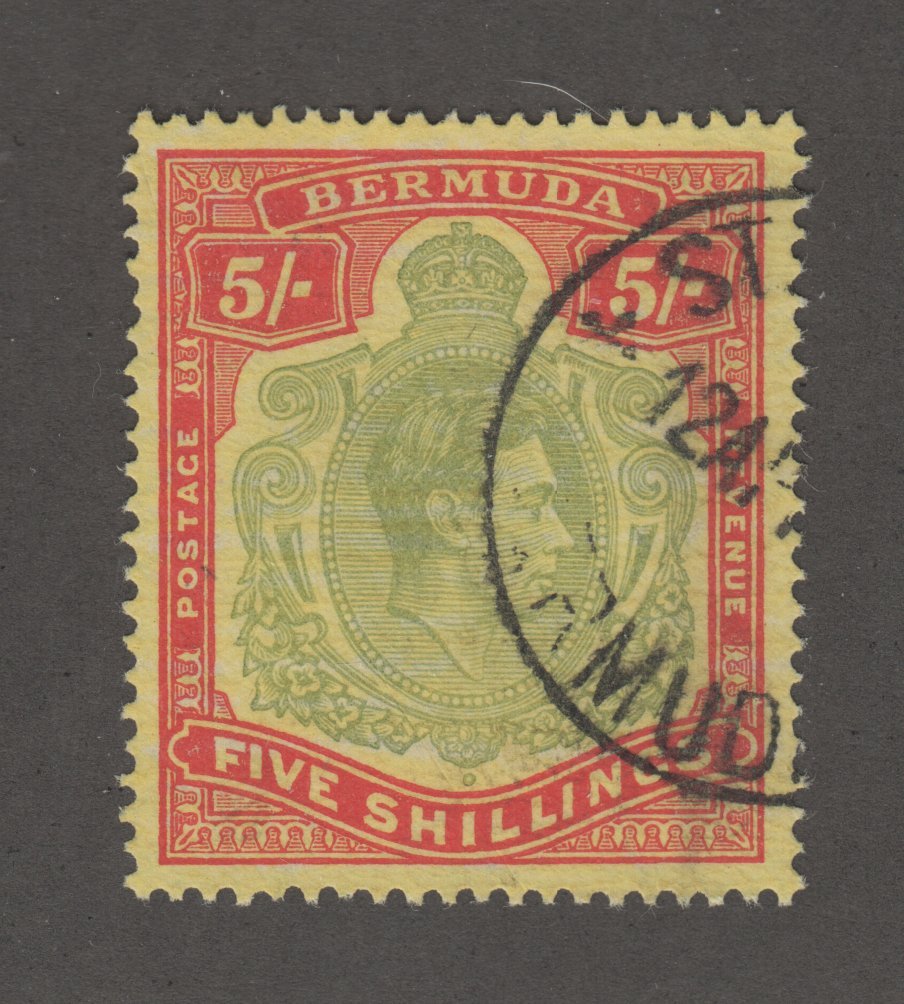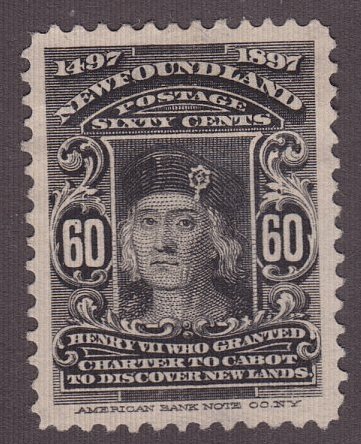
Discussion - Member to Member Sales - Research Center

Discussion - Member to Member Sales - Research Center

The two-stamp issue of 11 June made no reference in any of its uncaptioned and unexplained imagery of such a thing as a 'war' or any part Britain may have played in its 'victory', although Stanley Gibbons helpfully captions its entry with the latter word (with no further elaboration).
Nor does the venerable catalogue have anything further to say when, later in 1946, a heavy-handed (or possibly half-hearted) omnibus issue was released piecemeal among some (but not all) Commonwealth countries, featuring a view of the Houses of Parliament and the bare inscription '8th June 1946'.
There were no doubt various cultural reasons for this ultimate expression of stiff upper-lipped British reserve and refusal to mention, let alone commemorate, the war (we had to wait until the 20th anniversary for that), but the date '8th June' remains wholly unexplained. It was announced in parliament as '8th June' and no-one asked why the more obvious date of 8th May had been ignored.
Perhaps it was because the British weather was more likely to favour a June date than one in May. But if so, I can find no contemporary evidence for such a decision.
(Perhaps it was a mistake! No, obviously not. And yet... consult the official souvenir programme for the Parade and you will see it took place in 1496...)
Does anyone know why 8th June and not the anniversary of VE Day, 8th May?

Login to Like
this post

The London Victory Parade of 8 June 1946 is notable for the fact that the Postmaster-General declined (without reason) to authorise the issue of a postage stamp, and instead had us make do with a special cancel (the 'bells' cancellation).
The two-stamp issue of 11 June made no reference in any of its uncaptioned and unexplained imagery of such a thing as a 'war' or any part Britain may have played in its 'victory', although Stanley Gibbons helpfully captions its entry with the latter word (with no further elaboration).
Nor does the venerable catalogue have anything further to say when, later in 1946, a heavy-handed (or possibly half-hearted) omnibus issue was released piecemeal among some (but not all) Commonwealth countries, featuring a view of the Houses of Parliament and the bare inscription '8th June 1946'.
There were no doubt various cultural reasons for this ultimate expression of stiff upper-lipped British reserve and refusal to mention, let alone commemorate, the war (we had to wait until the 20th anniversary for that), but the date '8th June' remains wholly unexplained. It was announced in parliament as '8th June' and no-one asked why the more obvious date of 8th May had been ignored.
Perhaps it was because the British weather was more likely to favour a June date than one in May. But if so, I can find no contemporary evidence for such a decision.
(Perhaps it was a mistake! No, obviously not. And yet... consult the official souvenir programme for the Parade and you will see it took place in 1496...)
Does anyone know why 8th June and not the anniversary of VE Day, 8th May?

Login to Like
this post

